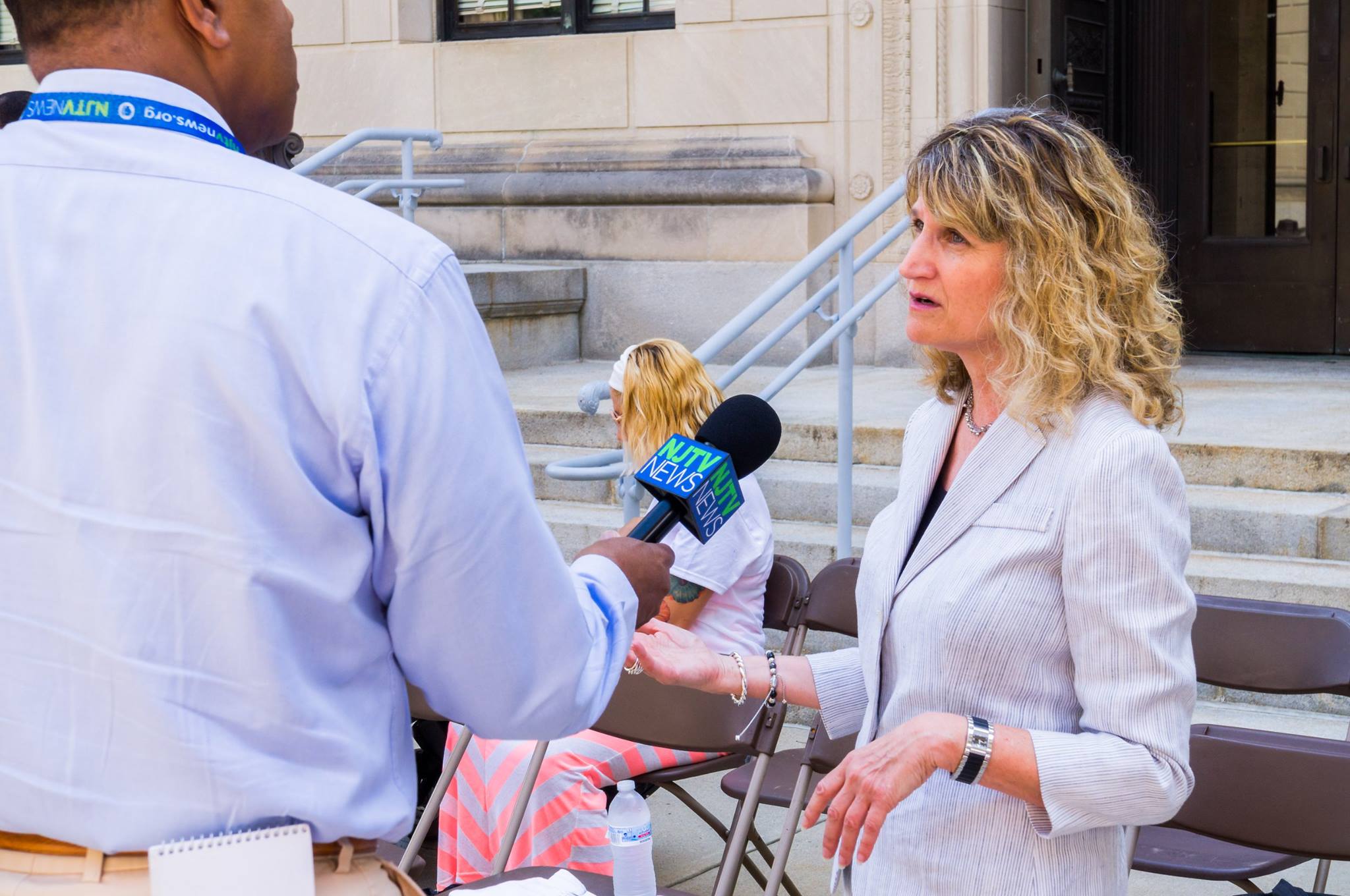Press & Media Center
The American Association of People with Disabilities has media staff available to handle inquiries from journalists on national issues affecting the political and economic power of people with disabilities.
To schedule an in-person or remote interview with an AAPD expert, email AAPD Communications Director Jess Davidson at jdavidson@aapd.com and include “Media Inquiry” in the subject line.
Use this form to request a speaker from AAPD or someone in our network.

